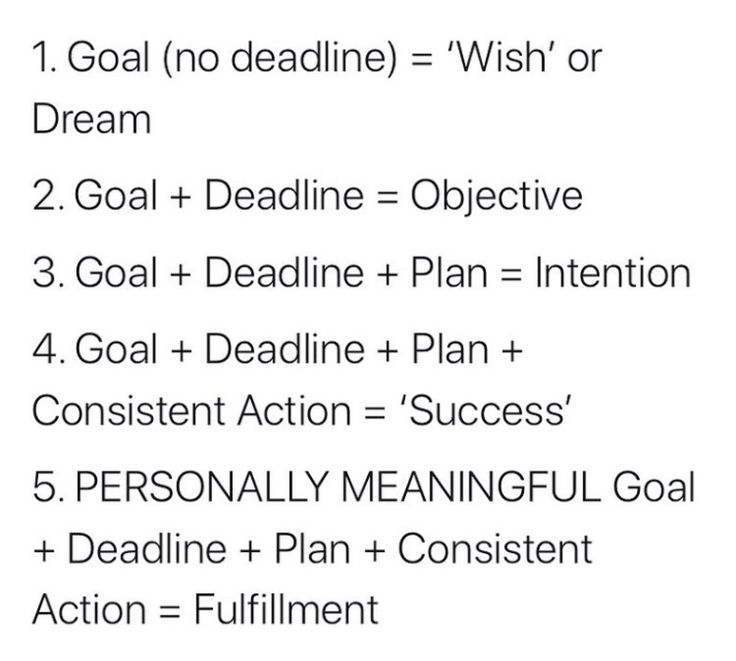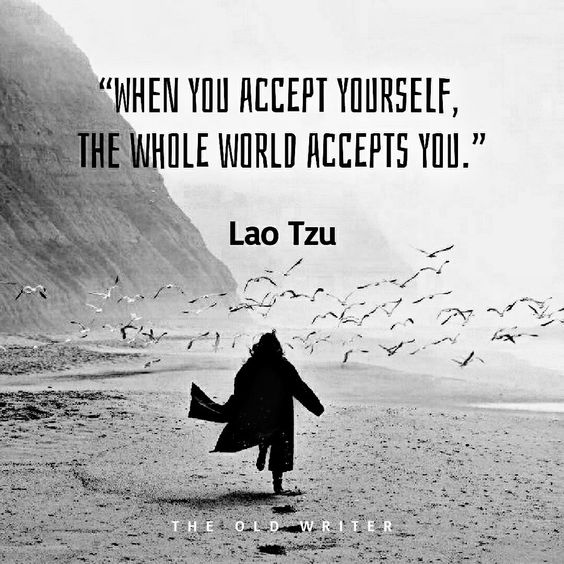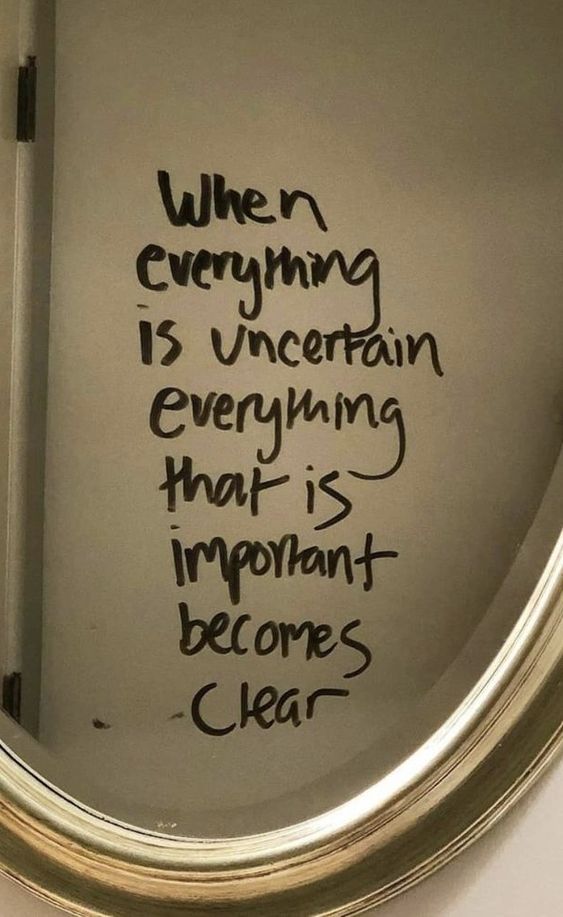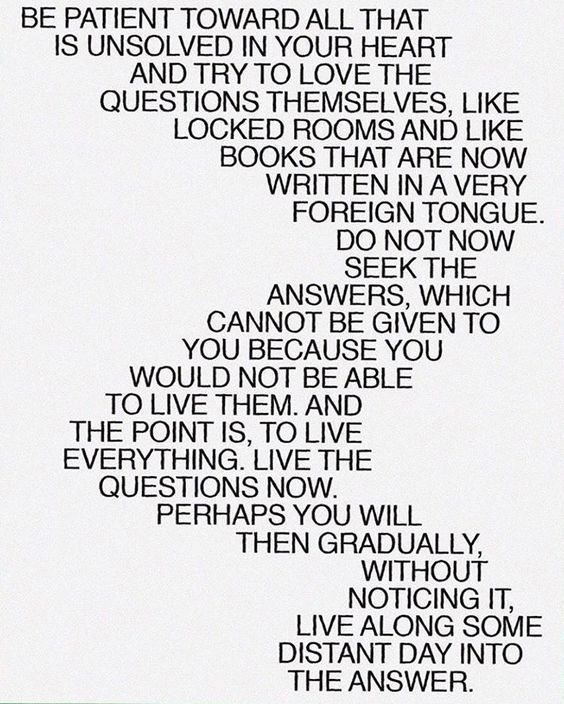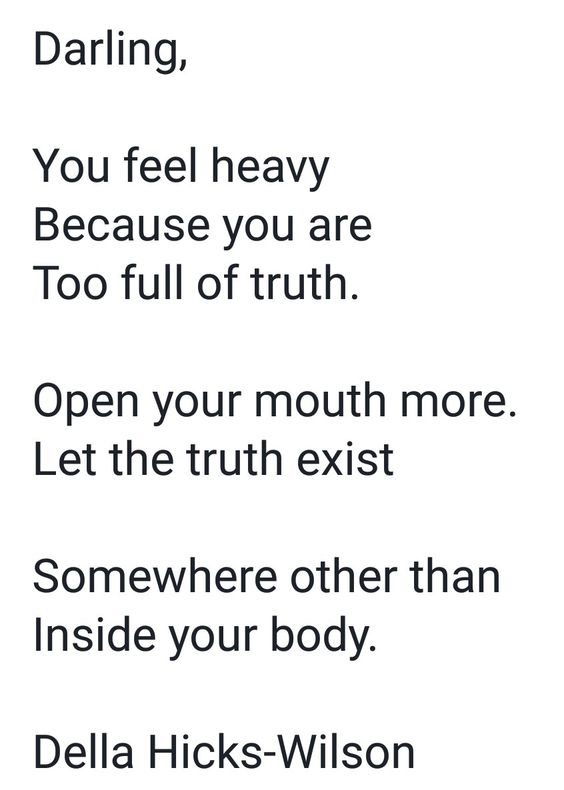“When faced with so many tasks and obligations that you can’t figure out which to tackle first, stop. Take a deep breath. Get present in the moment and ask yourself what is most important this very second—not what’s most important tomorrow or even an hour from now. If you’re not sure, make a list of everything vying for your attention and cross off anything that is not important right now.“
Greg McKeown, Essentialism (Page 221)
“Recently I had taught a full day on Essentialism to an executive team in New York. I had thoroughly enjoyed the day and had felt present throughout. But by the time I returned to my room I felt a sudden pull in a million directions. Everything around me was a reminder of all of the things I could be doing: check my e-mail, listen to messages, read a book I felt obligated to read, prepare the presentation for a few weeks from now, record interesting ideas that had grown out of the day’s experiences, and more. It wasn’t just the sheer number of things that felt overwhelming, it was that familiar stress of many tasks vying for top billing at the same time. As I felt the anxiety and tension rise I stopped. I knelt down. I closed my eyes and asked, ‘What’s important now?’ After a moment of reflection I realized that until I knew what was important right now, what was important right now was to figure out what was important right now!”
Greg McKeown, Essentialism (Page 220)
“Boundaries are a source of liberation. This truth is demonstrated elegantly by the story of a school located next to a busy road. At first the children played only on a small swath of the playground, close to the building where the grown-ups could keep their eyes on them. But then someone constructed a fence around the playground. Now the children were able to play anywhere and everywhere on the playground. Their freedom, in effect, more than doubled. Similarly, when we don’t set clear boundaries in our lives we can end up imprisoned by the limits others have set for us. When we have clear boundaries, on the other hand, we are free to select from the whole area—or the whole range of options—that we have deliberately chosen to explore.”
Greg McKeown, Essentialism (Page 169)
“Whoever it is that’s trying to siphon off your time and energies for their own purpose, the only solution is to put up fences. And not at the moment the quest is made—you need to put up your fences well in advance, clearly demarcating what’s off limits so you can head off time wasters and boundary pushers at the pass. Remember, forcing these people to solve their own problems is equally beneficial for you and for them.”
Greg McKeown, Essentialism (Page 169)
“Peace comes—but before it comes, as a prerequisite, you have to create a mental peace around you. The first peace will just be mental; it will be like an autohypnosis; it is created by you. Then one day you will suddenly see that the second peace has surfaced. It has nothing to do with your doing, or with you. In fact, it is deeper than you. It comes from the very source of your being, the unidentified being, the undivided being, the unknown being.”
Osho, Everyday Osho (Page 121)
“Instead of trying to budget your time on the basis of existing commitments, assume that all bets are off. All previous commitments are gone. Then begin from scratch, asking which you would add today. You can do this with everything from the financial obligations you have to projects you are committed to, even relationships you are in. Every use of time, energy, or resources has to justify itself anew. If it no longer fits, eliminate it altogether.”
Greg McKeown, Essentialism (Page 152)
“Instead of asking, ‘How much do I value this item?’ we should ask, ‘If I did not own this item, how much would I pay to obtain it?’ We can do the same for opportunities and commitment. Don’t ask, ‘How will I feel if I miss out on this opportunity?’ but rather, ‘If I did not have this opportunity, how much would I be willing to sacrifice in order to obtain it?’ Similarly, we can ask, ‘If I wasn’t already involved in this project, how hard would I work to get on it?'”
Greg McKeown, Essentialism (Page 149)
“Half of the troubles of this life can be traced to saying yes too quickly and not saying no soon enough.”
Josh Billings, via Essentialism (Page 145)
“When you say no, there is usually a short-term impact on the relationship. After all, when someone asks for something and doesn’t get it, his or her immediate reaction may be annoyance or disappointment or even anger. This downside is clear. The potential upside, however, is less obvious: when the initial annoyance or disappointment or anger wears off, the respect kicks in. When we push back effectively, it shows people that our time is highly valuable. It distinguishes the professional from the amateur.”
Greg McKeown, Essentialism (Page 138)
“Don’t try to fight with the darkness. There is no way, because the darkness does not exist—how can you fight with it? Just light a candle, and the darkness is gone. So forget about the darkness, forget about the fear. Forget about all those negative things that ordinarily haunt the human mind. Just burn a small candle of enthusiasm.”
Osho, Everyday Osho (Page 119)
“The best asset we have for making a contribution to the world is ourselves. If we underinvest in ourselves, and by that I mean our minds, our bodies, and our spirits, we damage the very tool we need to make our highest contribution. One of the most common ways people—especially ambitious, successful people—damage this asset is through a lack of sleep.”
Greg McKeown, Essentialism (Page 94)
“When I examine myself and my methods of thought, I come to the conclusion that the gift of fantasy has meant more to me than my talent for absorbing positive knowledge.”
Albert Einstein, via Essentialism (Page 87)
